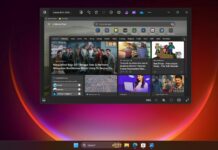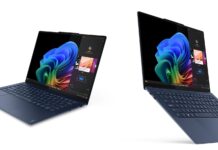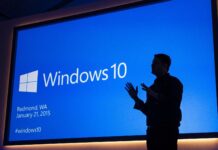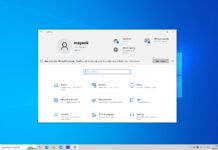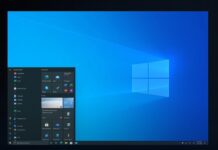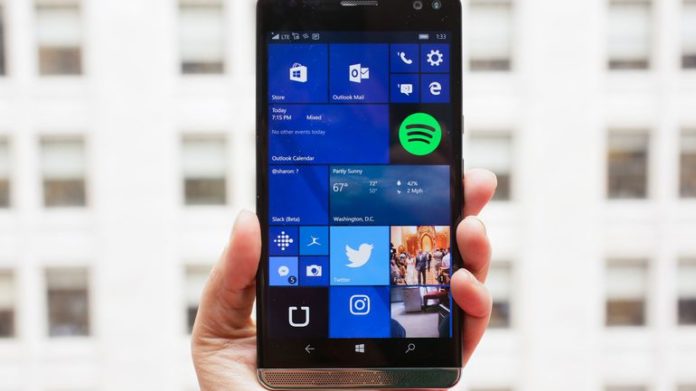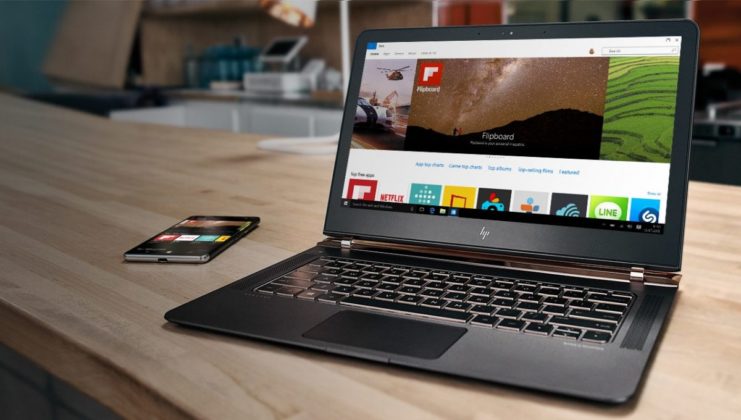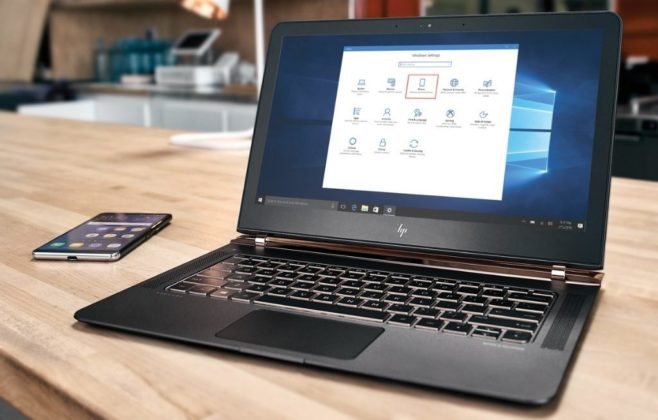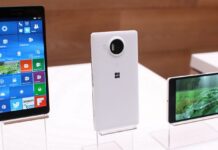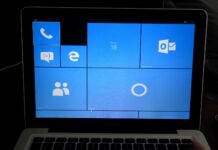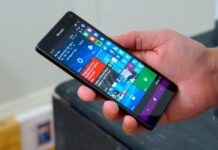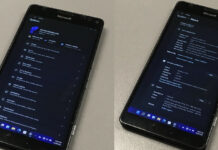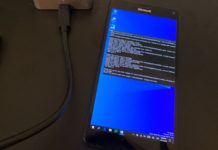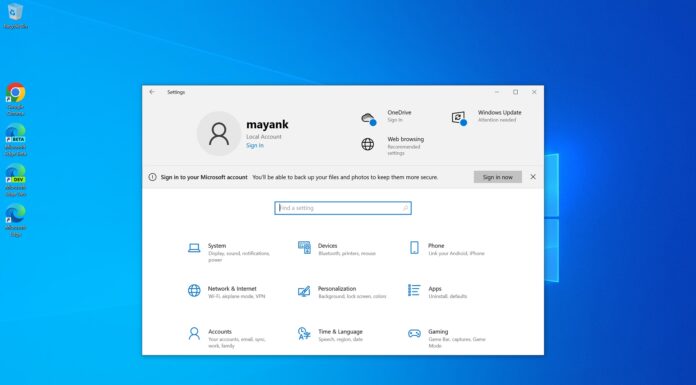HP is working on the Elite x3 successor as the original flagship Windows 10 Mobile from HP didn’t do well in the market because it ran unfinished Windows 10 Mobile operating system. Although HP still loves Windows 10 for Phones, however, as Microsoft has given up on Windows 10 Mobile and the new Andromeda OS is not ready. HP decided to put Android on the Elite x3 successor.
The successor of Elite x3 might be called HP Pro Elite x3 or HP Elite x3 Pro. The rumour suggests that HP will promote the phone as a 3-in-1 device. The company will cite the smartphone + Desk Dock + Lap Dock combination as a 3-in-1 device concept. The design will be similar to the old Elite x3 but it will have upgraded hardware and a better camera.
Yesterday, Microsoft Austria shared an image of a device that looks just like Elite x3 with Android. Microsoft has used the Elite x3 in the image to promote a new feature that is coming with Windows 10 Fall Creators Update. As spotted by a German site, the Elite x3 in the image is actually the Windows 10 version and not Android. Microsoft photoshopped the original Elite x3 and made it look like a Android smartphone.
As Microsoft Austria was promoting the new Phone Linking feature, the company edited the original HP Elite x3 promotional material and changed the OS. While the image is a photoshop error, HP is still testing the Elite x3 successor with Android and it could be released soon.
HP’s Windows 10 Mobile-powered Elite X3 wasn’t able to attract customers as the Redmond-based Microsoft was not very interested in Windows Phone. In fact, HP was testing the Elite x3 successor with Windows 10 Mobile, however, the company cancelled the device back in Spring. Although, HP Elite x3 with Android makes no sense as the device is for the enterprise segment and its main draw was Continuum feature.


